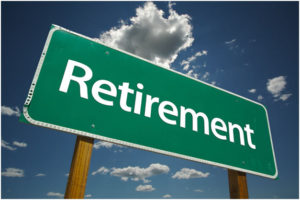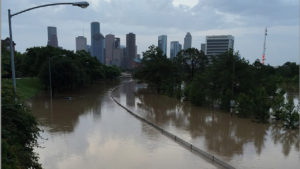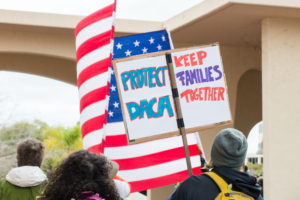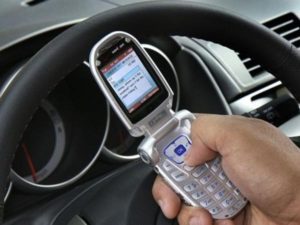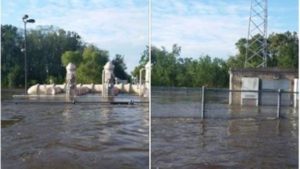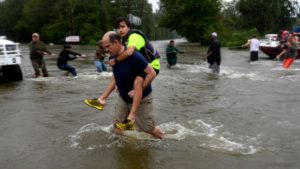I think I’ve just made a command retirement decision.
My wife, Toby the Puppy and I are not going anywhere near the Gulf or Atlantic coasts in August or September.
Hurricane Harvey crashed ashore twice along the Texas coast as a Category 3 monster. First it hit Corpus Christi and Rockport. Then it backed up over the Gulf of Mexico, downgraded a bit to a tropical storm, then wiped out Houston and the Golden Triangle under 50-something inches of rainfall.
OK, then. The Gulf Coast is out.
Now the nation is awaiting Hurricane Irma, a Category 5 hurricane that is reportedly the most dangerous Atlantic storm ever formed!
Miami and Miami Beach are in Irma’s bulls-eye. Sustained winds are at 185 mph. Residents are starting to flee.
You know what that means? It means we aren’t going that way, either in late summer … not ever!
Climate change is making these monster storms a more frequent occurrence. Do not bitch at me about climate change! I won’t be dissuaded from what I believe, which is that Earth’s climate is changing. I won’t argue with you today about whether it’s manmade or whether it’s part of Earth’s “normal cycle.” The cause doesn’t matter in the context of this decision.
Earth’s climate is changing and that means — for those of us in our household — our happy trails are going to lead us elsewhere at this time of the year.
